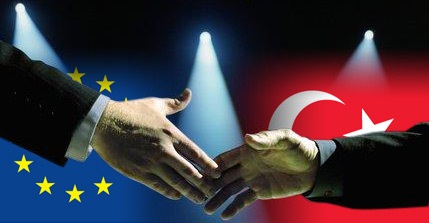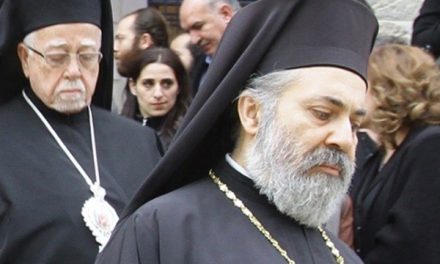By BARÇIN YİNANÇ, Hurriyet Daily News
Turkish–European relations have survived many ups and downs over the years. Only six months ago, ice was being broken on Turkish-EU relations, which have been in the freezer for some time. But these winds to warm relations were short lived and we are again seeing a new low following Europe’s tepid reaction to the July 15 coup attempt.
There is an accumulated frustration among Turkish diplomats whose job is precisely to ride through stormy weather.
One such area of frustration is the security and intelligence cooperation against radical Islamists. The war in Syria has created a separate chapter under this heading. Around 2013 Turkey started to be heavily criticized for turning a blind eye to the crossings of Islamists coming from all four corners of the world to join the war against the Bashar al–Assad regime. The Europeans, however, were more concerned than most, starting to fear that their own nationals going to Syria would come back to stage terror attacks on their soil.
Looking back, some Turkish officials are now convinced that certain radicals in European countries were actually encouraged to go to Syria by the intelligence apparatus of these states, with the hope that they would possibly be able to get rid of these troublesome individuals.
When that proved not to be the case, and when potential radicals started to return home – more radicalized but worse trained and equipped – to stage terror attacks, Turkey was repeatedly accused of having too porous borders. The question of why Western capitals did not take the necessary measures to stop their own nationals heading to Syria in the first place rarely came up.
By 2014 the measures taken by the Turkish government started to become effective, as thousands were denied entry to Turkey. But, scandalously, some of those extradited by Turkey were then released by European countries and ended up staging terror acts in European capitals.
For example Ibrahim el-Bakraoui, the alleged attacker of Brussels Airport, had been deported by Turkey, which warned Belgium that he was a suspected foreign fighter.
Abdel Malik Nabil Petitjean, who killed a priest in a church in France, was also known by the French security services as a potential terrorist thanks to a tip-off from the Turkish authorities.
In both cases there was a clear failure on the part of Europe’s justice and security mechanisms.
Apparently the Europeans are nowadays telling the Turks not to deport potential terrorists, after they themselves failed to incarcerate them. When their “democratic standards” get in the way of stopping potential terrorists, they seem to insinuate that it would be easier to combat terrorists by keeping them in Turkey’s system, which is short of “democratic standards.” It is almost as if Turkey should do the dirty work and set up its own version of Guantanamo, while the Europeans keep their hands clean.
By the way, having referred to Guantanamo, I am sure this disgraceful center for indefinite detention without trial is something that U.S. officials would not like to recall, especially at a time when they are asking for evidence to extradite Fethullah Gülen.



















